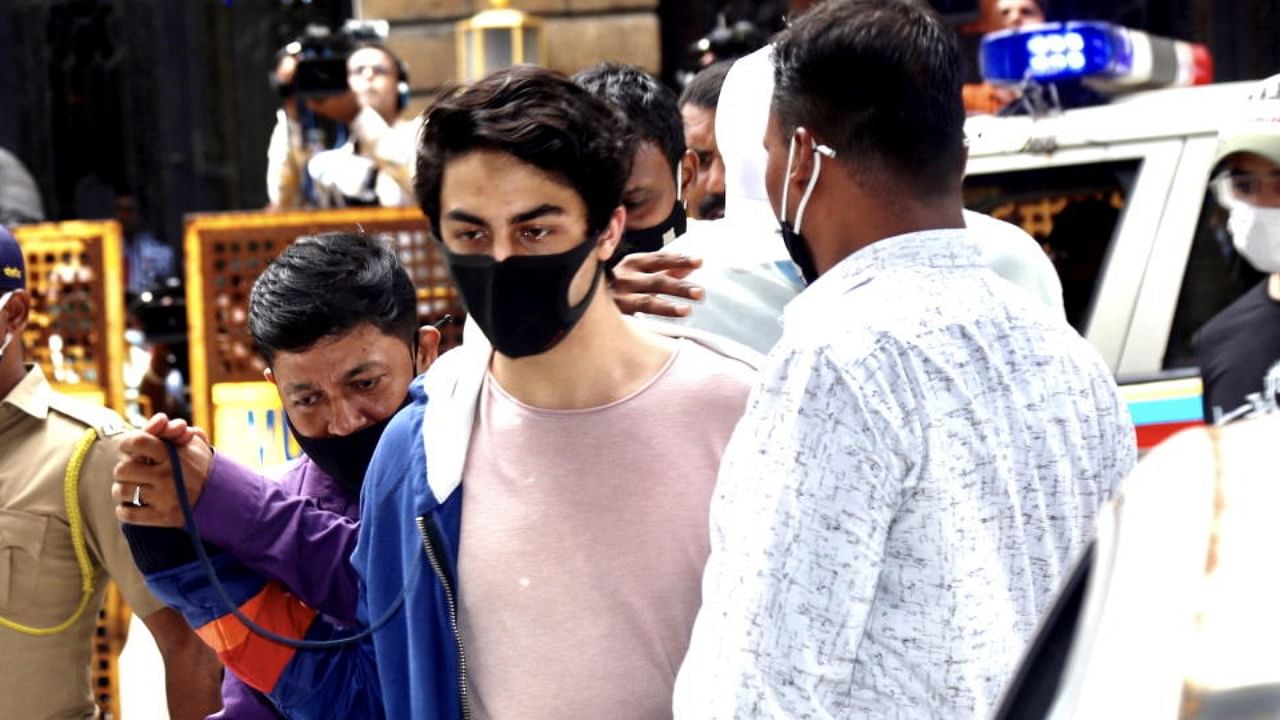
The arrest of Shah Rukh Khan's son has created ripples in B-Town as well as political circles. Roles of the central agency, its officers and the nexus between Bollywood and drugs have come undone. While the focus of the investigation has shifted from Aryan Khan to NCB Zonal officer Sameer Wankhede, the question remains: why the son of Bollywood star Shah Rukh Khan was denied bail even when no drugs were found in his possession during the cruise drugs raid?
Why was Aryan Khan denied bail initially?
Aryan Khan and others have been booked for offences under Sections 8(c), 20(b), 27, 28, 29 and 35 of the Narcotics Drugs and Psychotropic Substances (NDPS) Act, 1985.
An NDPS special court rejected Aryan Khan's bail plea on October 20. However, the Bombay High Court overturned this judgement and granted him bail on October 28.
Aryan Khan had, in his bail plea, said the NCB's contention that he was involved in conspiracy and illicit drug trafficking was 'absurd' and pointed out that there was no recovery of drugs made from him. The NCB, however, opposed the bail plea and said Aryan Khan had been consuming drugs for a few years now and was in touch with some persons who appear to be a part of an international drug network for procurement of drugs. The agency was relying on WhatsApp chats of Aryan Khan, which they claimed pointed towards procurement of bulk quantities of drugs.
The NCB had argued that although there was no recovery from Aryan Khan, the recovery of six grams of charas from his friend Arbaaz Merchant points to “conscious possession" by Aryan Khan.
What is "conscious possession"?
A probe can be initiated against an individual if the authority believes that he/she is in a "culpable mental state" or in "conscious possession", which basically means that the Act could be invoked if the law enforcement officials believe that there could have been an "intention, motive, knowledge of a fact and belief in, or reason to believe, a fact" regarding narcotics being manufactured, used or smuggled. A court decides to initiate a probe or deny bail to an individual based of this "culpable mental state".
According to Section 35 of the Act, ‘presumption of culpable mental state’ can be invoked for prosecution. "In any prosecution for an offence under this Act, which requires a culpable mental state of the accused, the court shall presume the existence of such mental state but it shall be a defence for the accused to prove the fact that he had no such mental state with respect to the act charged as an offence in that prosecution" Section 35 says.
What are the penalties and what quantity of drugs attracts these provisions?
Penalties are based on the quantity of drugs involved. The Act lays out specific quantities for drugs under "small quantity" and "commercial quantity" and penalties differ based on whether the drugs in possession or in use. Penalties for quantities of drugs are broadly classified as follows: i) lesser than the defined "small quantity", ii) exceed the small quantity but are lesser than commercial quantity, iii) exceed the commercial quantity
Here's a breakdown of the major drugs and penalties that may be imposed according to the NDPS Act, 1985: